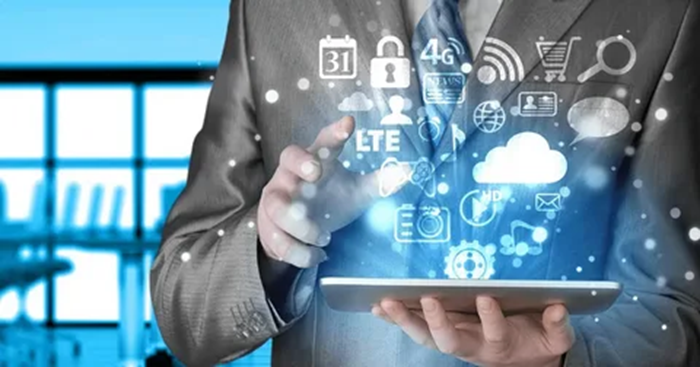The IT sector attracts a lot of attention, so some entrepreneurs are trying to identify niches that will be attractive for creating startups and investing in the coming years.
Typically, such niches arise at the intersection of technologies and market needs in a variety of industries – medicine, transport, agriculture.
Promising areas for IT in agriculture:
- IoT for monitoring the condition of plants and soil – humidity, temperature and other indicators in real time, which allows you to control the growth conditions of plants and minimize losses.
- Crop forecasting – smart sensors for tracking the condition of the crop and determining the optimal time for harvesting.
- Aerial photography and data processing – monitoring large agricultural lands to collect data on crops, optimize the use of fertilizers, quickly identify problems (diseases and pests), spot spraying of fertilizers, pesticides and herbicides to reduce costs and harm to nature.
- Farm management software (ERP and SCM) – for automation of planning, inventory management, purchasing and logistics. It is important for farmers to know exactly how many resources are needed for work in different seasons, which helps to avoid shortages or surpluses.
- Smart management systems – with integration with GPS, sensors and other devices to more accurately manage the distribution of resources and track the efficiency of equipment.
- Analytical platforms – using different sources (weather, sensors, satellites) to forecast yields, the best harvesting and sowing dates, analyze the market situation with price forecasts and demand for products.
- Autonomous equipment and robots – autonomous tractors, seeders, combines, controlled with minimal human intervention, as well as robots for harvesting various types of crops that are difficult to collect using traditional methods, such as berries.
- Smart storage systems – automated storage systems with temperature and humidity control (especially important for storing perishable products, such as fruits, vegetables, meat), technologies to prevent rotting with real-time monitoring.
- Smart transportation systems – tracking of transportation, product condition, delivery time, as well as software and applications for logistics planning to reduce transportation costs.
